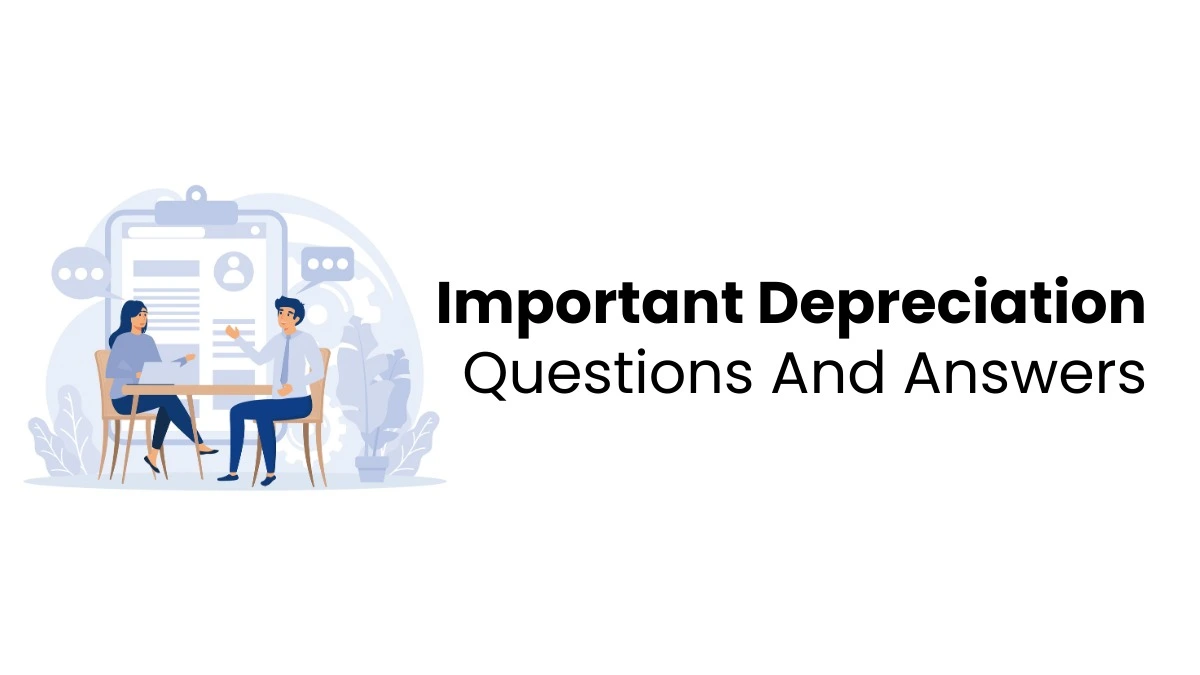To be a good accountant, you need financial knowledge and skills, for sure. But here’s the thing: being able to chat with customers is just as important. What’s the point of being a pro if you can’t talk to people in a way that makes sense and shows you care? Here comes the importance of soft skills. A strong soft skills portfolio and professional accounting skills will transform you into a productive accountant. Soft skills for accountants are those personal qualities that help you get along with people and do good work as a team.
Essential Soft Skills Every Accountant Needs
Here is a informative description of soft skills for accountants:
Soft skills are key for accountants to do well today. When young accountants struggle, it’s often due to issues with these skills, not just technical knowledge Basically, soft skills come more from how you act, not what you studied.
Communications skills
Being able to talk to people well is key for accountants. It doesn’t matter how smart you are if you can’t clearly talk to your boss and clients and make sure they get what you’re saying. Clients may not be familiar with all the accounting jargon, so it’s essential to explain things in a way they can understand. How well an accountant leads often comes down to how well they can communicate. Good Communication is important for any group. When accountants can talk clearly, they can motivate people, keep them happy, and keep things running smoothly.
Time Management Skills
Accountants need good time management skills, just like people in other jobs. Time management skills ensure the smart work of an accountant. The most vital thing an accountant does is provide information when people need it. You have to handle your time well and give dependable accounting information on time to finish your assignments. Doing this will gain the trust of your bosses and customers.
Ability to listen to figures
To be a good accountant, you need to get statistics. Even the most experienced people sometimes miss this. In the past, many business failures could have been avoided if people understood what the numbers were saying. Accountant skills are not just about recording numbers—they also involve reading and understanding them deeply. Accountants play a crucial role in preventing fraud and other illicit activities, and we can’t ignore this fact. Knowing figure language, plus being able to think about what they mean, would help accountants be ready to fight fraud.
Strong professional principles
Accountants should always act professionally. That means sticking to accounting ethics and having good work ethics, too.
Tight Skin Under Pressure
Being an accountant can be great, but it’s not always easy. You must remain calm when things become stressful and work with co-workers who may be a bit judgemental.
Multitasking
Even if it’s not in the job description, being able to handle many tasks at once really shows you’re good at your job. Being willing to take on more and pushing to get things done are some good qualities in an accountant.
Expertise in handling individuals and networking
Networking is very important for everyone, no matter what job they have. You might be exceptionally skilled at what you do and have extensive experience, but it’s still challenging to establish your name if you struggle to connect with people. Accounting isn’t just some behind-the-scenes thing anymore. It’s now a main feature of successful companies. The most profitable businesses show how important accountants are. For instance, accountants play a crucial role in assisting customers. Good management of people is like that joker card in rummy – always helpful.
Leadership skills
This is about earning respect by working hard. Good leadership changes how people act and makes them want to spend their time and energy in ways that help the company. Great leaders often get good results for the whole team because people follow them. For accountants, strong leadership is one of the most valued accountant skills, as it helps build trust and keeps the team focused.
Digital Fluency
Accountants now use digital tools more than ever. They type in data, check records, and share files using software. This makes their work faster and cleaner. If they know how to use tools well, they avoid mistakes. That’s why digital fluency is an important part of doing accounting jobs today. One of the top soft skills for accountants now is being good with technology.
Remote Collaboration
Many accountants work from home or different places. They don’t always sit in the same office with others. So, they must talk and work with their team using phone, chat, or video calls. Sharing work and updates through these tools keeps the team strong. Even from far away, a smart accountant must know how to work together and finish tasks.
Resilience
Accounting work can get hard. There may be too many tasks or sudden changes. A strong accountant stays calm and keeps going. They don’t give up when things are tough. Being able to stay strong under pressure is called resilience. It helps accountants face any problem with a cool mind.
Client-Centric Thinking
Today’s accountants don’t just count numbers. They also think about helping their clients do well. They listen to the client’s needs and give advice that fits. When an accountant is client-friendly, they build strong trust. Putting the client first makes the work more useful for everyone. This mindset is now a vital part of soft skills for accountants.
Agile Mindset
Sometimes work rules change quickly. A good accountant learns new things and adjusts fast. They don’t fear change—they accept it and grow. Being flexible makes them better at handling new tools or jobs. This quick learning is called having an agile mindset. It keeps accountants ready for anything.
Cross-Cultural Communication
Accountants now work with people from different cities, states, or countries. Talking clearly and politely with all kinds of people is important. Everyone may speak or behave differently, so understanding each other matters. A good accountant listens well and explains clearly. This builds strong teams and avoids confusion. It’s one of the newer soft skills for accountants that helps build better relationships.
Ever wish you had the soft skills to be an even better accountant? Explore Finprov’s short courses, which focus on practical accounting and taxation. You’ll gain the skills you need for a successful career, both in your field and in communication.










